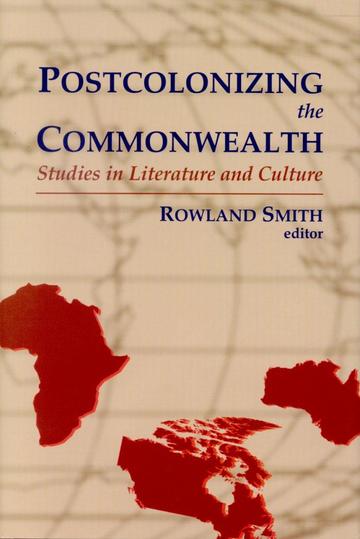Women and resistance in Iran; cowboy songs; fetal alcohol syndrome; the conquest of Everest; women settlers in Natal. What do these topics have in common?
The study of what used to be called Commonwealth literature, or the new literatures, has by now come to be known as postcolonial study.This collection of essays investigates the status of postcolonial studies today.
The contributors come from three generations: the pioneers who introduced study of the “new” literatures into university English departments, the next generation who refined and developed many of the theoretical positions embodied in postcolonial study, and the next, much younger, generation, who use the established practices of the discipline to investigate the application of this theory in a wide range of cultural contexts.
Although the authors write from such different starting points, a surprisingly similar set of images, phrases and topics of concern emerge in their essays. They return constantly to issues of difference and similarity, the re-examination of categories that often appear to be too rigidly defined in current postcolonial practices, and to concepts of sharing: experience, ideas of home, and even the use of land.
Postcolonizing the Commonwealth: Studies in Literature and Culture offers an intriguing analysis of the state of postcolonial criticism today and of the application of postcolonial methods to a variety of texts and historical events. It is an invaluable contribution to the current debate in both literary and cultural studies.
''What is valuable about Postcolonizing the Commonwealth is its inclusion of topics that are often missing from discussions and teaching of Postcolonial literatures....[which makes the book] so different from the volumes published by such mainstream publishing houses as Routledge....When read as a snapshot of what three generations of scholars in the field of Postcolonial studies in five different areas of the world are doing as teachers, theorists, and administrators, the book forces us to think about the material conditions of academic production and how fraught they can be.''
Out of print
This edition is not currently available in bookstores. Check your local library or search for used copies at Abebooks.



